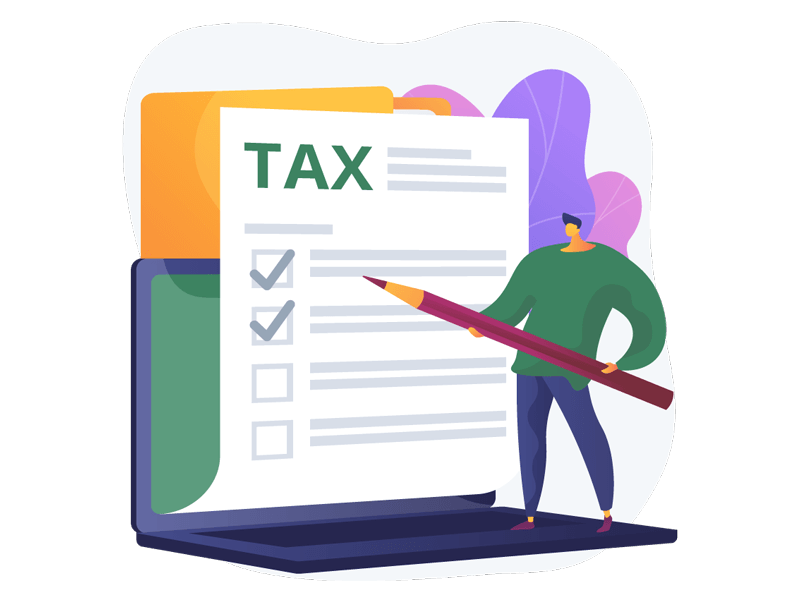What Is the 1099 Form Used for?
The 1099 form is used to report non-employment income to the Internal Revenue Service (IRS). Businesses are required to issue a 1099 form to a taxpayer (other than a corporation) who has received $600 or more in non-employment income during the tax year. For example, a taxpayer might receive a 1099 form if they received dividends, which are cash payments paid to investors for owning a company’s stock.


Do I Have to Pay Taxes on a 1099 Form?
If you’ve received a 1099 form, it’s likely that the income reported is taxable. However, there are many exceptions and offsets that can reduce your taxable income. For example, let’s say you had a gain from the sale of your home. The gain might not be taxable if you qualify for an exclusion of up to $250,000, depending on your tax situation. If you’re unsure whether you need to pay taxes on your 1099 income, Contact us at wageRuler as we put you through.
Who Needs to Get a 1099 Form?
Usually, anyone who was paid $600 or more in non-employment income should receive a 1099. However, there are many types of 1099s for different situations. Also, there are many exceptions to the $600 rule, meaning you may receive a 1099 even if you were paid less than $600 in non-employment income during the tax year.


Do I Need a 1099 Form to File Taxes?
If you received income during the year, even if you didn’t receive a 1099 form, you are required to report that income on your tax return. However, you do not need to send the 1099 form to the IRS when you file your taxes – the IRS will receive it from the issuer or payer.
What Is the Difference Between a 1099 and a W2?
A 1099 form shows non-employment income, such as income earned by freelancers and independent contractors. On the other hand, a W-2 shows the annual wages or employment income that a taxpayer earned from a particular employer during the tax year. Unlike a 1099, a W-2 shows the taxes withheld by the employer from the employee’s salary throughout the year.


Conclusion
When you receive a 1099 form, it is used to report any non-employment income you may have received during the year. This can include dividends paid from owning stocks, or income earned as an independent contractor. There are a variety of 1099 forms, each one corresponding to a different type of income. Regardless of whether or not you receive all of your 1099 forms, you are still responsible for reporting that income when filing your taxes. You do not need to send your 1099 forms to the IRS when filing, but if you notice any errors on them, be sure to report that to the agency.
